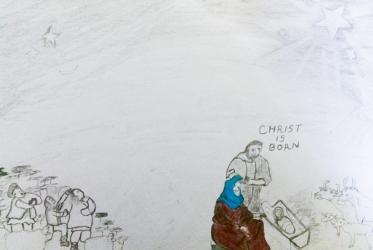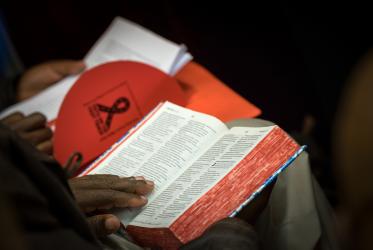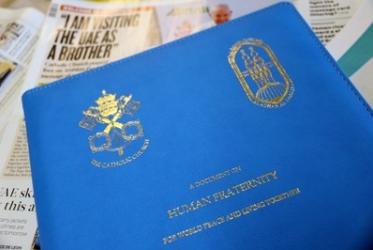Displaying 21 - 39 of 39
19 October 2018
In Kenya, issues of young people come to the forefront
19 October 2018
UN discussion focuses on women, HIV and property rights
21 March 2017
Bible study gives hope as youth reflect on HIV
02 November 2016
Zambia: “On HIV, we do not compete. We work together.”
20 October 2016
Kenya: Voice of faith communities crucial in overcoming HIV
14 October 2016
Placing family in the HIV response vanguard
10 December 2015
WCC group evaluates ecumenical HIV and AIDS response
29 June 2015
Churches have a special role to play in HIV response
18 November 2014
Churches proclaim child theology imperative to Christian ministries
15 September 2011











